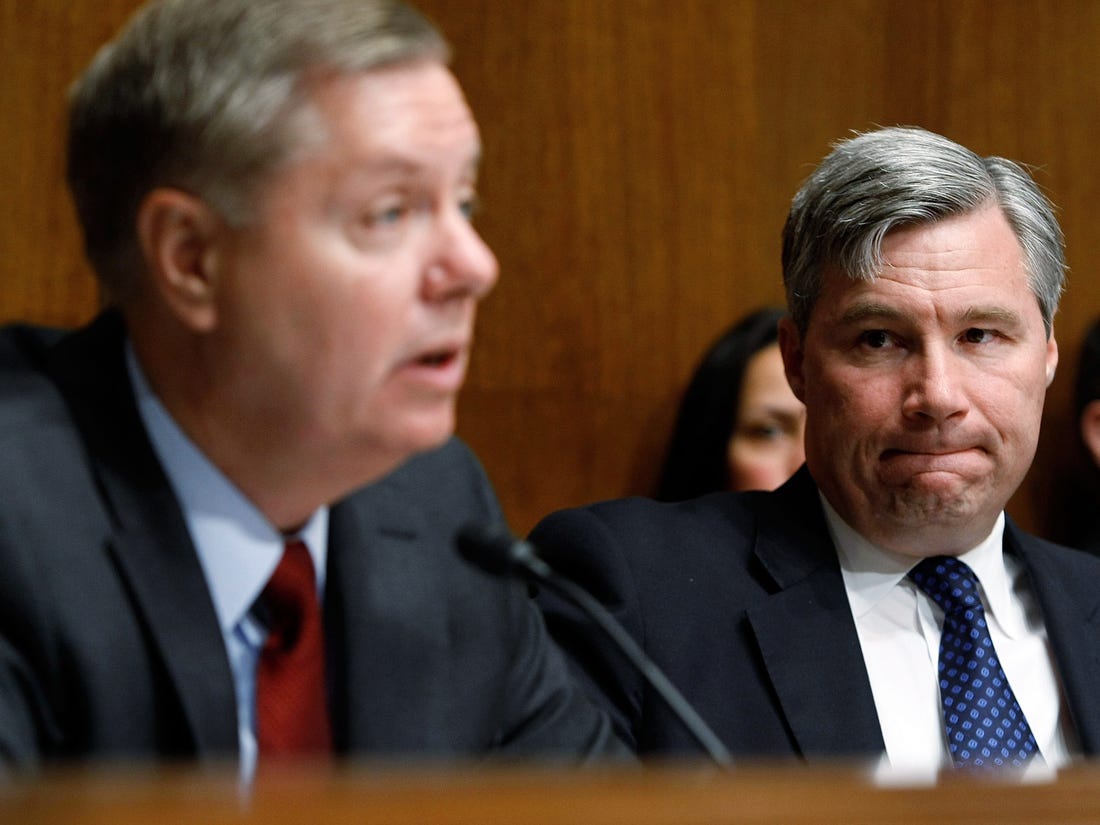Senators to SCOTUS: Fix Your Disclosures
 By Tyler Cooper, FTC senior researcher
By Tyler Cooper, FTC senior researcher
Sens. Sheldon Whitehouse (D-R.I.) and Lindsey Graham (R-S.C.) came together this month to send a bipartisan message to Chief Justice Roberts:
“We believe a legislative solution may be in order to bring the judiciary’s financial disclosure requirements in line with other branches of government if the Court does not address the issue itself.”
The letter, dated Feb. 4 but first reported publicly today, shows senior members of both parties believe the third branch should no longer lag behind the first two when it comes to financial disclosure, travel disclosure and gift requirements.
The senators accurately note in their letter that federal judges are subject to “significantly less stringent” disclosures than officials of the elected branches and that Supreme Court justices face “the lowest standards of transparency of any senior officials across the federal government,” as they are exempt from the regulations that bind district and circuit court judges.
To give but two examples of lax disclosures causing at least the perception of wrongdoing, you may recall that a John Poindexter-owned company was the respondent in a cert. petition just months before Justice Scalia died on Poindexter’s ranch, and it was recently discovered that two justices took trips that were paid for by a third party but were left off their disclosures (see grafs 4 and 5 here).
The senators conclude their request by asking questions to the judiciary that it has no good answers for, including:
- whether the court will finally adopt a code of ethics;
- whether the court is considering bringing its disclosure requirements into line with those of the other branches;
- whether the court tracks and maintain records of emoluments in any way currently;
- and whether the court has plans to make the justices’ financial disclosure reports more accessible to the public.
We at Fix the Court echo Senator Whitehouse’s and Senator Graham’s call on the judiciary to “[p]lease be good enough to provide answers” to these longstanding questions. Or better yet, the judiciary can consider this letter a wake-up call to reform itself before these senators take that up on their own.
Greater transparency ensures the public has the necessary information to accurately assess judges’ rectitude and to prevent information voids where misinformation can spread.